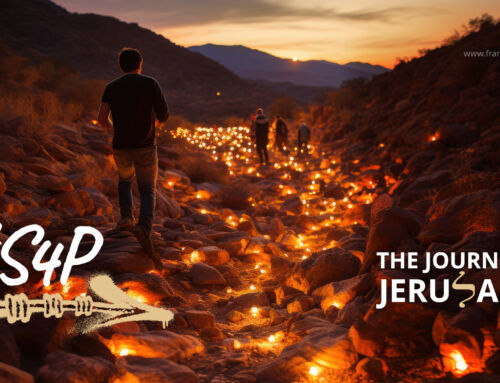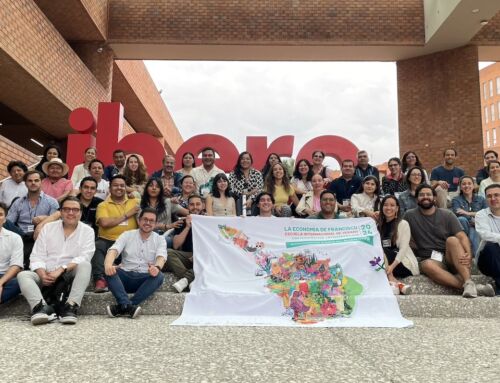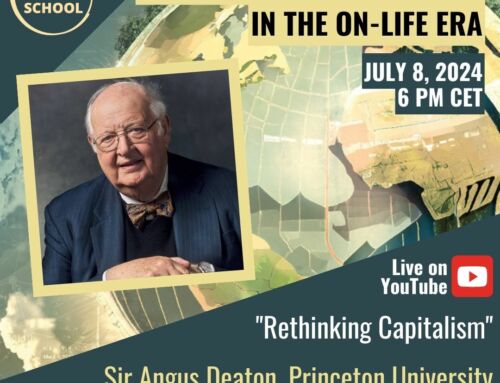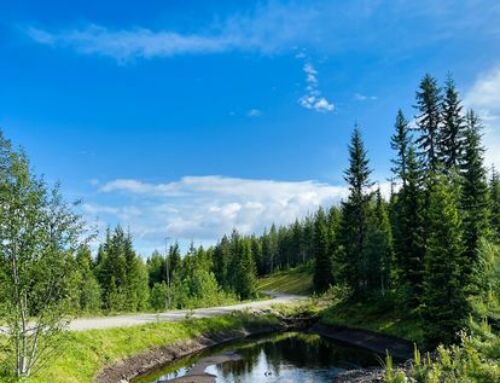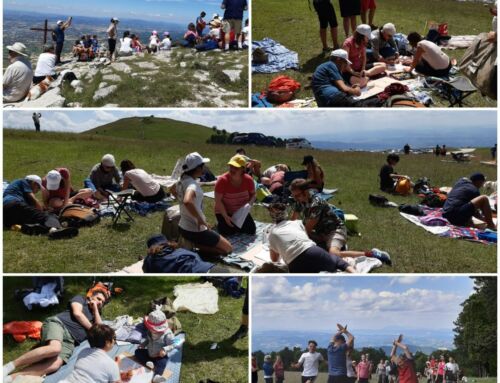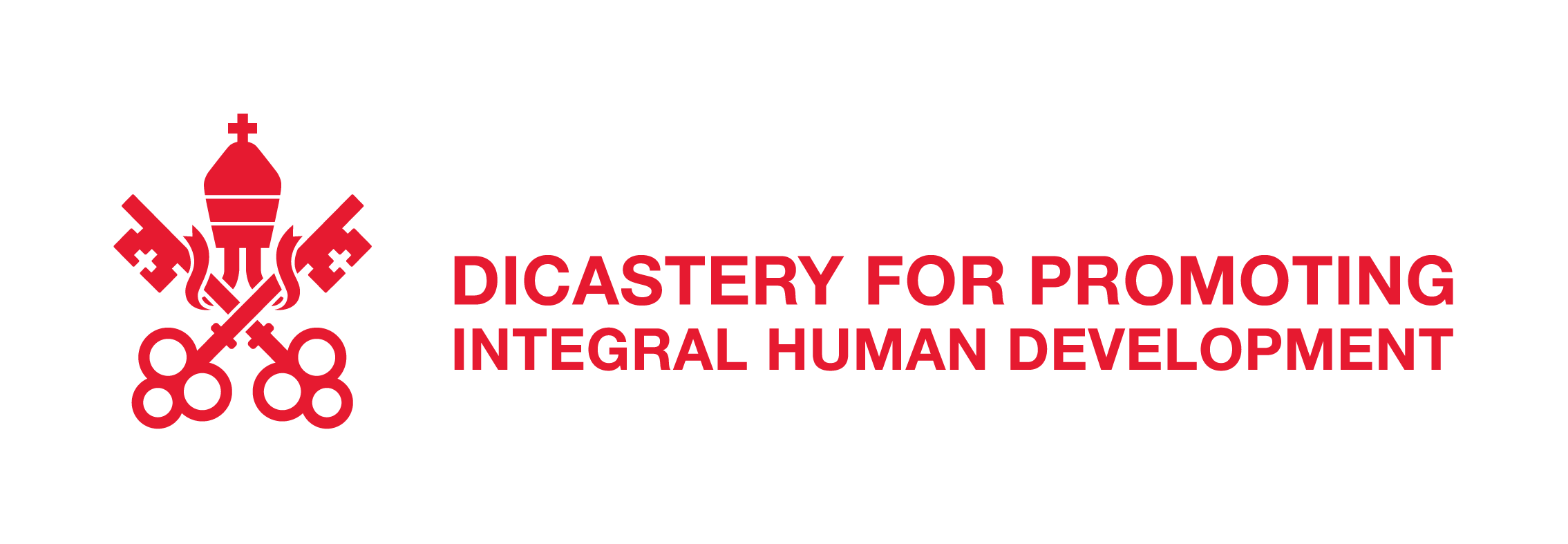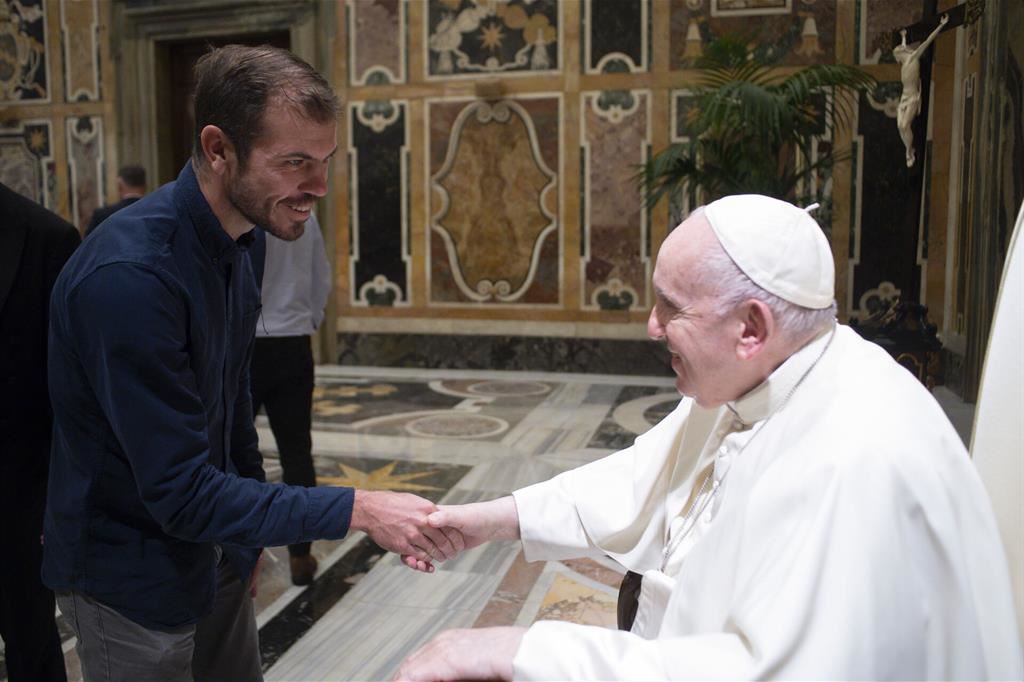
Colin’s commitment to “fix” the world
Angela Napoletano Friday, June 2, 2023
The 37-year-old Arizona-raised man has launched an online platform to improve the mental and physical well-being of students: “The call of Assisi is alive”
Colin Gilbert, 37 years old, had opened his eyes to the world’s injustices while still a young boy. He says he was only 15 years old when, on a trip to the U.S.-Mexico border, he first experienced the suffering of migrants, who were running away from poverty. He explains that “the world was broken.” He has been working to fix it ever since. This is where his entry into the Economy of Francesco, the international network of young economists and entrepreneurs called by the Holy Father to study solutions for a more sustainable and caring society for the least, fits in. He explains that this initiative has given him a confirmation: “It is possible to put back together the broken pieces of humanity.” Colin is an educator. Raised on bread and skateboards in Phoenix, Arizona, he studied Spanish and theology from the Californian Jesuits at the Loyola Marymount University. Before his master’s degree in education and entrepreneurship at the University of Pennsylvania, he worked as the director of service learning at a Xaverian missionary college in Palm Desert.
“I have always been convinced,” he explains, “that education catalyzes change.” Today he lives in Miami, Florida, where he runs a platform called Sown to Grow that offers students a digital space to check their emotional well-being. This is an interactive tool that allows teachers and practitioners, on the other side of the fence, to study personalized solutions to improve the students’ psychological and physical well-being and performance. His educational background also includes a work experience in Jordan, Amman, as the director of a small nongovernmental organization that developed during the Syrian refugee crisis, and a master’s degree in public management at the Princeton campus. So, practice and theory: training and, again, study. Colin takes great pride in having had the opportunity to attend one of the most prestigious universities in the United States. But, he says, “I realized that the economics taught in these academic circles is often precisely the one that doesn’t work outside since it is based on concepts and models that in the real world have not produced good results.” Having been invited to participate in an informal discussion group on how to reinvent economics by making it more compatible with the doctrine of the Catholic Church, he expanded his horizons further.
It was here that the idea of participating in the EoF developed. The experience within the network was an immersion in different “villages” and in the worlds of the people he met. “Great people,” he says, “with whom I have continued to engage even outside the network.” He defines “enlightening” some of the speeches given by the experts, who were called to dialogue with the young people. “I got the confirmation,” he explains, “that the intuition of trying to fix the system broken by the inequities caused by the classical economy was not wrong. It can be done.” One piece after another, as in a puzzle, can be put back together. “Only in this way,” he adds, “can we solve the most serious social problems of our time such as that of refugees or climate change.” Colin, marked by the untimely loss of a friend with whom he shared thoughts and plans, is convinced that the EoF has captured the silent need for an alternative to the mainstream economy. “More and more people in the world are questioning this,” he argues, “people ready to respond actively to the urgency of change. But there must be leaders determined to launch it. Pope Francis is the only one who has done it openly.” Colin wants to keep the call alive in his own small way: “I have the ability to look at problems deep down and work with the people involved to solve them.” Rearrange the shattered pieces of the world and glue them together. “That’s what I plan to do with my life. Maybe in specific areas like climate change.” Among his ideas is to develop technology that encourages environment-friendly practices. “That, too,” he insists, “can and should be done.”

